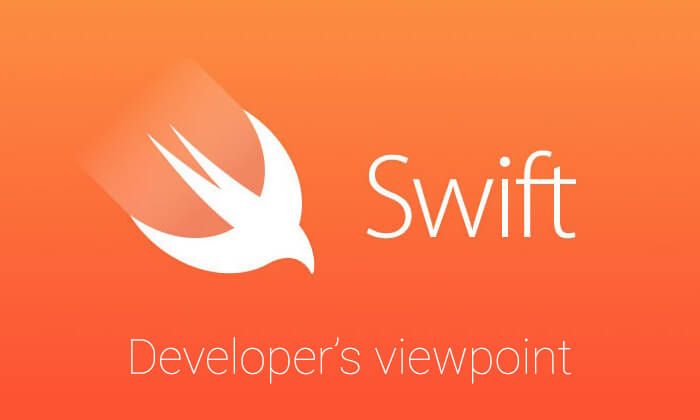Building a strong Java application? Choosing the right testing framework is key.
Java has many frameworks, each suited for different testing needs.
In this blog, you’ll explore the best Java testing frameworks, explaining what they do well and where they might not be the perfect fit.




 6 mins
6 mins











 Talk to Our
Consultants
Talk to Our
Consultants Chat with
Our Experts
Chat with
Our Experts Write us
an Email
Write us
an Email





